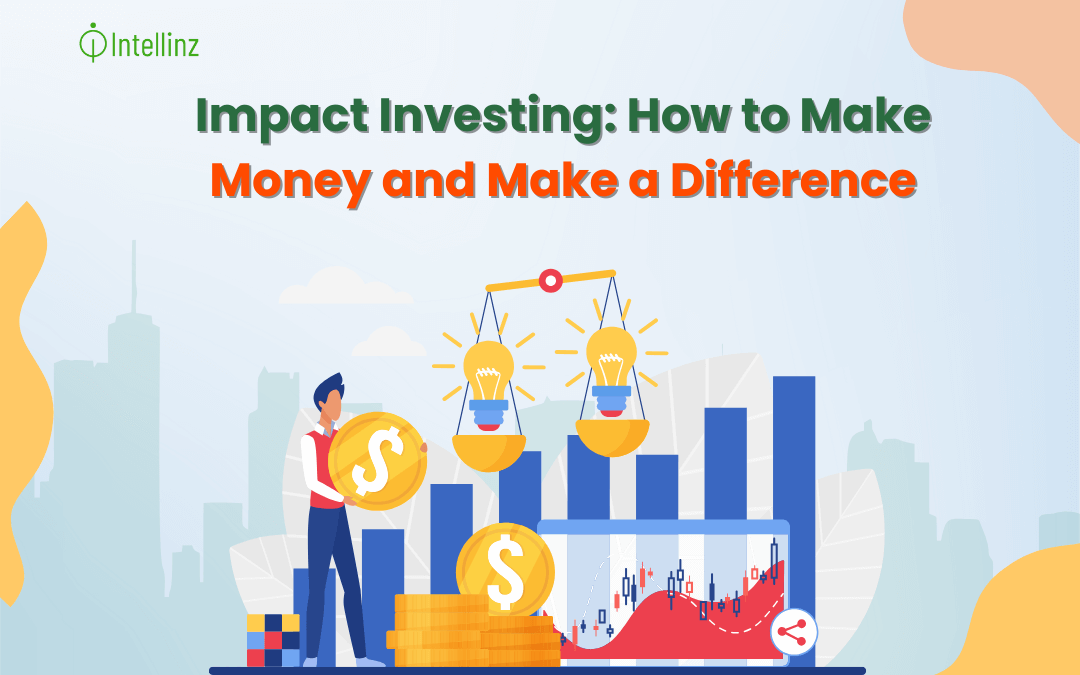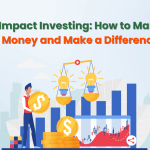In recent years, a new trend has emerged in the world of finance – impact investing. Unlike traditional investment strategies solely focused on financial returns, impact investing aims to generate positive social and environmental impacts alongside financial gains.
Impact Investing
Impact investing involves deploying capital to generate measurable social or environmental benefits, in addition to financial returns.
Rather than viewing profit and purpose as mutually exclusive, impact investors seek opportunities where they can achieve both.
This approach aligns with the growing awareness of the need for sustainable and responsible investment practices.
Why Impact Investing Matters
The importance of impact investing lies in its potential to address pressing global challenges while still delivering competitive financial returns.
By channeling funds into projects and companies that tackle issues like climate change, poverty alleviation, and healthcare accessibility, impact investors play a pivotal role in driving positive change.
Furthermore, impact investment can promote sustainability by supporting businesses and initiatives that prioritize environmental conservation, resource efficiency, and social equity.
How it Helps Sustainability
Impact investing also plays a crucial role in advancing sustainability goals by directing capital towards projects and companies committed to environmental stewardship and resource efficiency.
By supporting initiatives that promote renewable energy, waste reduction, sustainable agriculture, and conservation efforts, impact investors contribute to building a more resilient and ecologically balanced future.
Additionally, impact investing encourages businesses to adopt sustainable practices, driving innovation and fostering long-term economic prosperity while safeguarding the planet for future generations.
How to Engage in Impact Investment
Engaging in impact investing requires a thoughtful approach that considers both financial objectives and social or environmental goals.
Investors can start by identifying their values and areas of interest, and then researching investment opportunities aligned with those priorities.
Due diligence is crucial to assess the impact potential and financial viability of prospective investments. Additionally, collaborating with impact-focused financial advisors or joining impact investment networks can provide valuable insights and support.
Who Engages in Impact Investing
The appeal of impact investing transcends traditional boundaries, attracting a diverse range of investors, including individuals, institutions, and philanthropic organizations.
High-net-worth individuals, family offices, pension funds, and even mainstream financial institutions are increasingly integrating impact strategies into their investment portfolios.
This broad participation underscores the growing recognition of the interconnectedness between financial success and social or environmental well-being.
The Significance of Impact Investing
The significance of impact investing extends beyond financial returns. It represents a paradigm shift in the way we perceive the role of capital in society, emphasizing the power of investments to drive positive change.
By mobilizing private capital towards sustainable solutions, impact investing has the potential to complement and even surpass traditional philanthropy and government aid in addressing complex societal challenges.
Moreover, it encourages transparency, accountability, and stakeholder engagement in the investment process.
Final Thoughts
In summary, impact investing offers a compelling approach to reconciling profit motives with social and environmental objectives.
By harnessing the power of finance for good, impact investors can catalyze meaningful change while still achieving attractive financial returns.
As awareness and demand for responsible investing continue to grow, impact investing is poised to play an increasingly influential role in shaping the future of finance and society as a whole.






